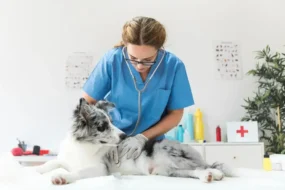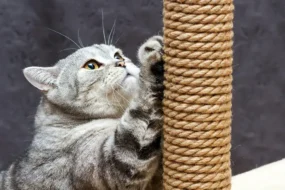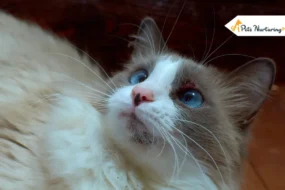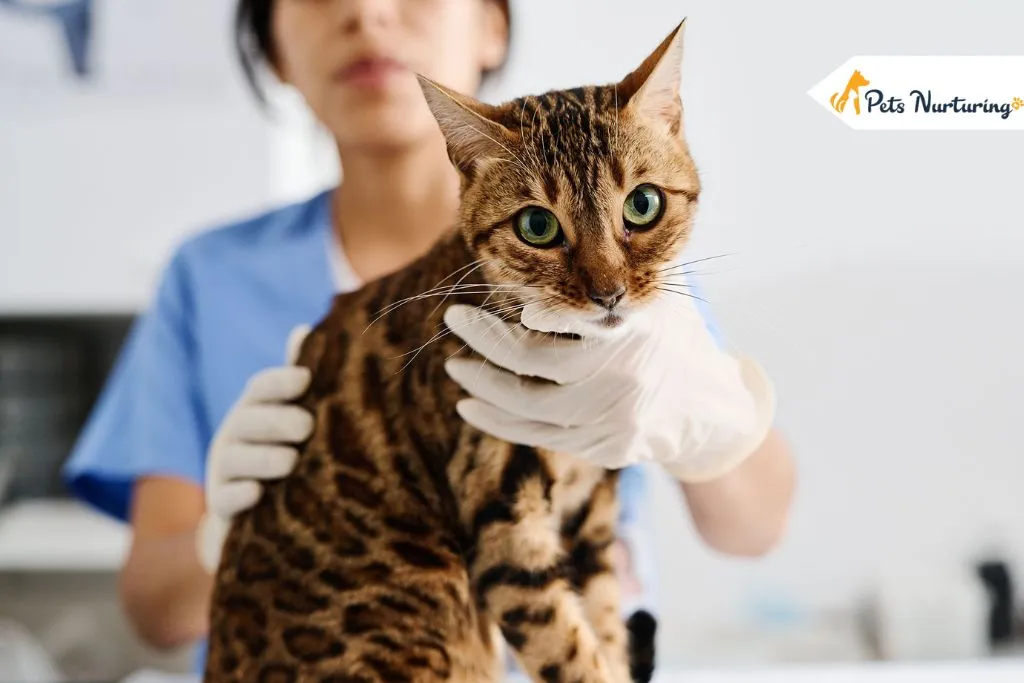
Irritable Bowel Syndrome, or IBS, isn’t exclusive to humans. (Here’s a little background reading on IBS in humans.) Our feline companions can suffer from this uncomfortable condition too. Recognizing the early signs in your cat can be instrumental in managing the condition and ensuring your pet lives a comfortable, happy life. Let’s delve into understanding IBS in cats and how you can spot the symptoms.
General Signs of Digestive Distress in Cats
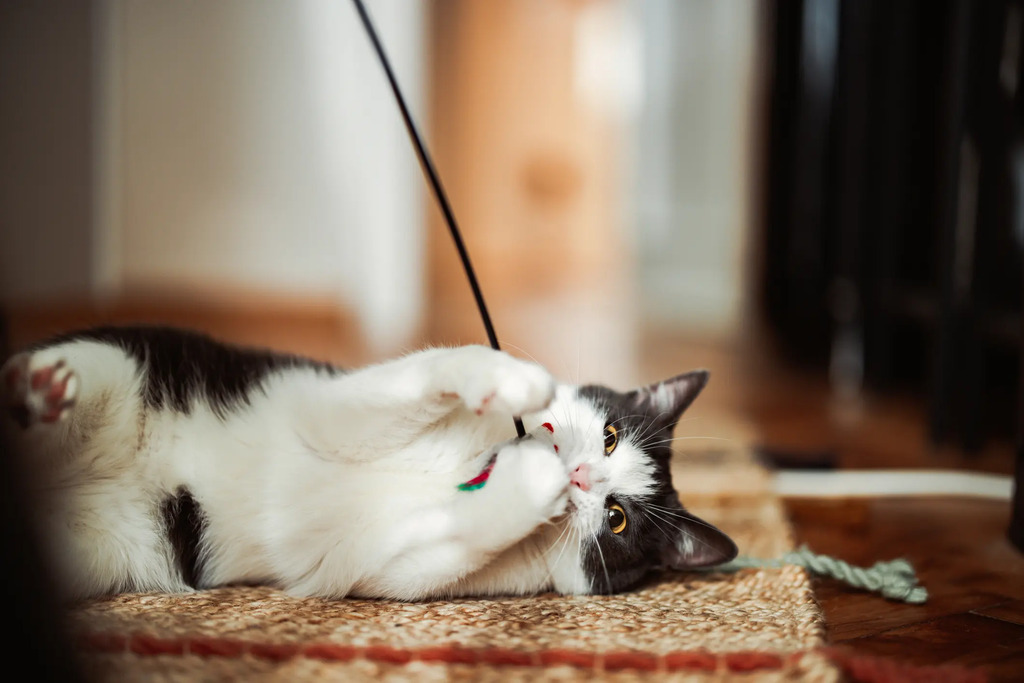
Cats are masters of concealment when it comes to their discomfort. This innate behavior often makes it challenging for pet owners to recognize when their cats are in distress. However, certain general signs indicate something is amiss with your feline friend’s digestive health:
Behavioral Changes
Lethargy, or a decrease in energy levels, can be a clear indicator. A once playful cat might become listless or show less interest in its favorite toys. Reduced appetite or outright refusal to eat are also concerning signs. In addition, cats in distress often seek solitude, hiding in secluded spots more frequently.
Physical Signs
Sudden weight loss can be alarming, as can a deteriorating coat quality. If your cat’s once shiny and soft fur appears dull and coarse, it’s worth considering an underlying health issue.
Specific Symptoms of IBS in Cats
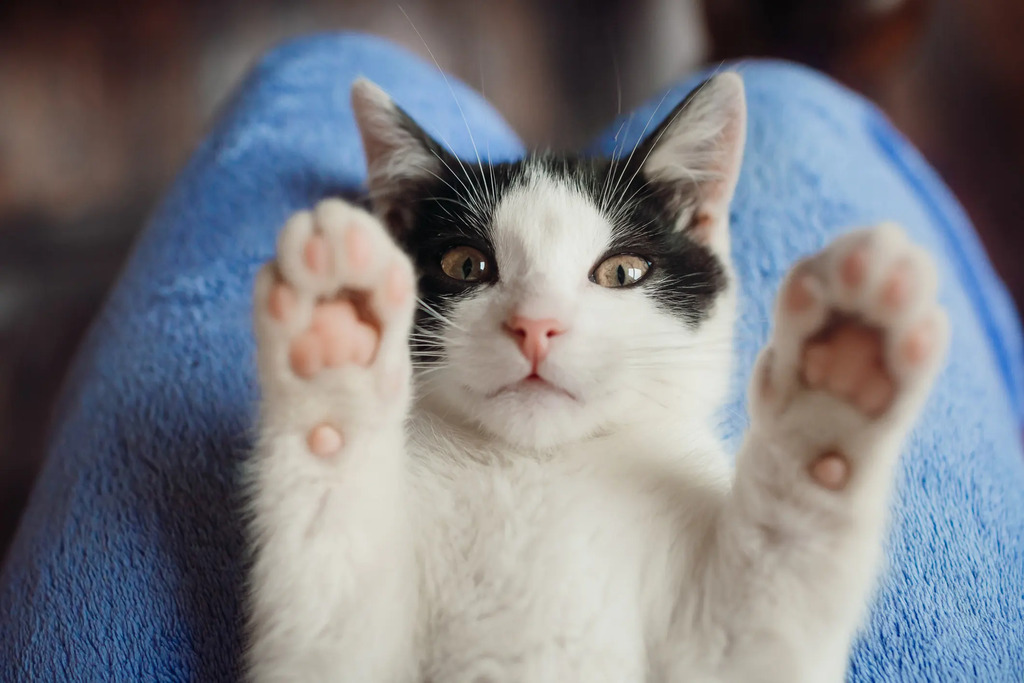
While general distress can point towards a range of ailments, IBS in cats has some more specific symptoms:
Frequent Diarrhea and/or Constipation
One of the most evident signs of IBS is inconsistency in bowel movements. If you observe that your cat’s stools vary between being too hard and too soft, it could indicate IBS. Monitoring your cat’s litter box can give you a lot of insights. For instance, stools that are too watery or too hard can suggest the presence of IBS.
Abdominal Discomfort
Cats with IBS might exhibit signs of abdominal pain. You might notice your cat being unusually sensitive when you touch its abdomen. In some cases, they might appear hunched or show a reluctance to lie on their stomach.
Excessive Gas and Bloating
Just like in humans, IBS in cats can cause a buildup of gas in the digestive tract. You might hear audible stomach gurgles or even notice your cat’s abdomen appearing slightly swollen.
Mucous in Stools
A slimy substance accompanying the stools can be a red flag. This mucous is not a typical feature of healthy cat stools and should warrant attention.
Behavioral Indicators of IBS
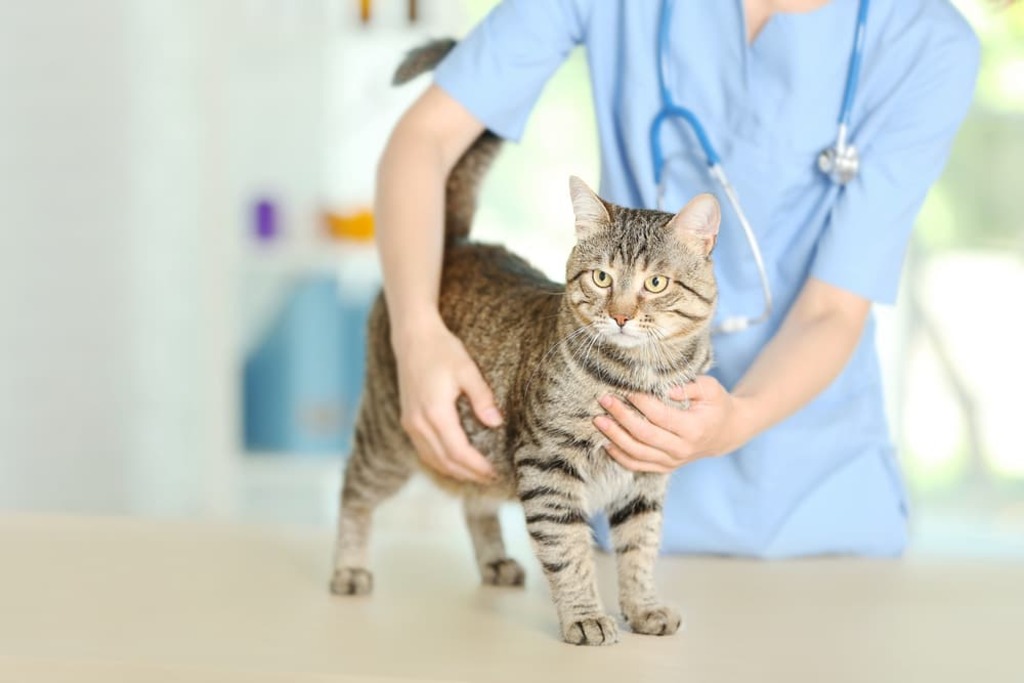
Beyond the physical symptoms, cats with IBS might exhibit certain behavioral changes. These include:
Increased Visits to the Litter Box
If your cat seems to be visiting the litter box more often than usual, especially without producing much, it could be a sign of IBS-related discomfort.
Vocalizing or Crying
Some cats become vocally expressive when in discomfort. If your cat meows or cries while trying to defecate, it’s indicative of some pain or unease.
Avoidance of the Litter Box
Ironically, while some cats might visit the litter box more often, others might start avoiding it altogether. This is usually due to the association of the litter box with pain or discomfort.
Differentiating IBS from Other Digestive Disorders
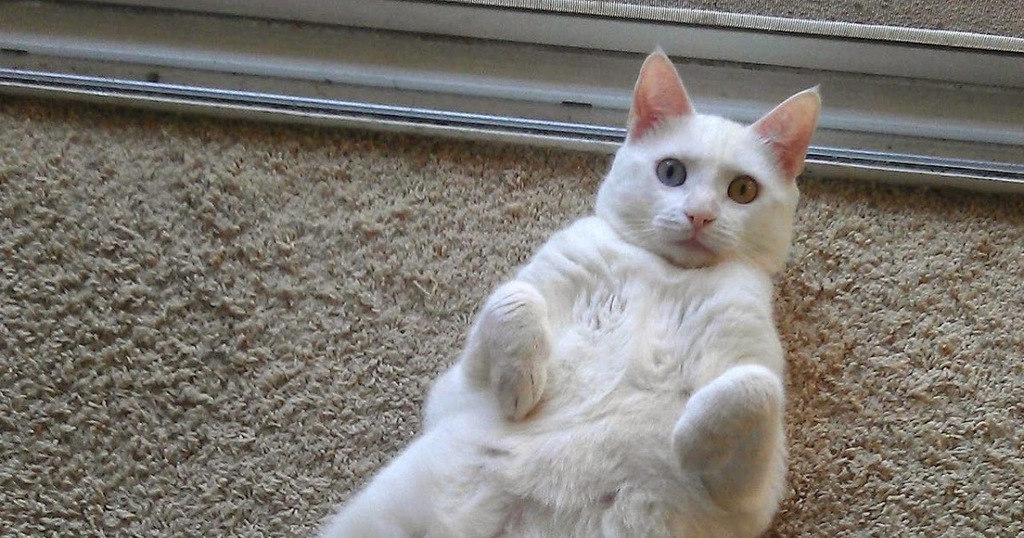
It’s crucial to note that while the above symptoms might suggest IBS, they could also point to other digestive issues. For instance:
Inflammatory Bowel Disease (IBD)
Often confused with IBS due to the similarity in names and some overlapping symptoms. However, IBD is an inflammation of the intestines, while IBS is a functional disorder.
Parasites
Worms and other parasites can cause digestive distress, leading to symptoms similar to IBS.
Infections
Bacterial or viral infections can lead to diarrhea, vomiting, and other digestive symptoms.
Given the overlap, it’s crucial to consult a veterinarian for an accurate diagnosis.
Importance of a Veterinary Diagnosis
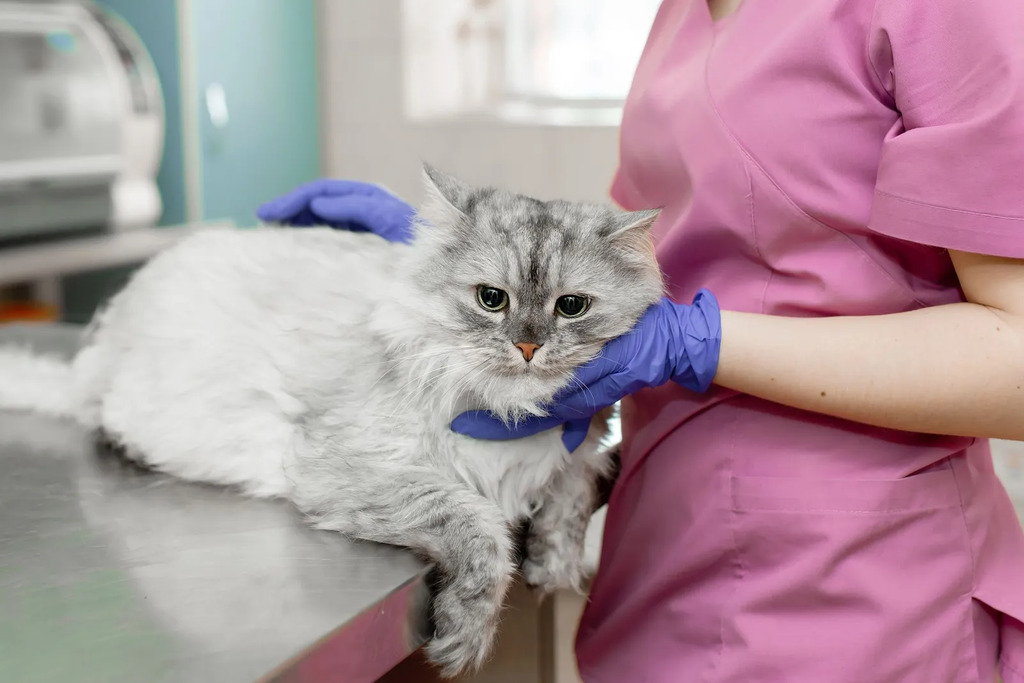
No amount of online research can replace the expertise of a trained veterinarian. If you suspect your cat has IBS, seek professional help and consider buying a specifically designed cat food for IBS. A veterinarian will conduct necessary tests, take a detailed medical history, and observe your cat to provide a definitive diagnosis.
Awareness is the first step towards ensuring the well-being of our feline companions. By recognizing the early signs of IBS, you can act swiftly to manage the condition and ensure your pet’s comfort. Always prioritize professional advice and remember: a healthy cat is a happy cat.
Explore Further:








